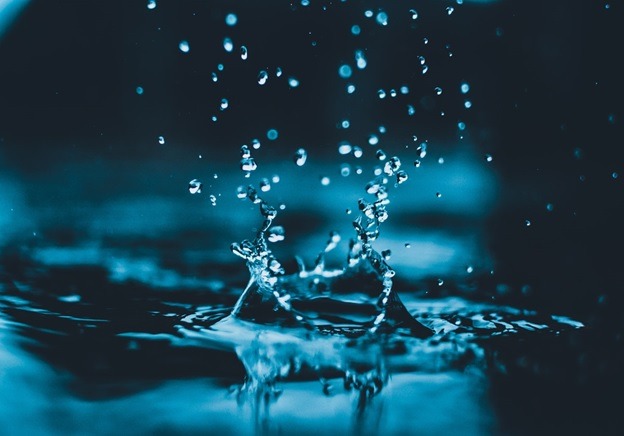
Most people take water for granted as they assume that there’s enough supply to support their needs for years. But considering the small percentage of water that is fit for consumption and the increasing population rates, conserving should be a top priority. Finding ways to conserve water is not the job of a city planner, wildlife manager, or hydrologist. It is everyone’s responsibility.
As a homeowner, reducing your water consumption is not just to help the planet or minimize the impact of shortages. It also means that you get to save money on your monthly bill. If you’re constantly worried about a huge water bill every month, these simple tricks can help you lower that:
1. Repair the leaks
The first thing you should do is to check your lines for leaks. Water leaks are one of the common causes of high water bills, even as little as a drip on your faucet. You might think that a small drip is harmless but ignoring it can result in a loss of a few water gallons each day. Having that leak for a year can cost about three months of your utility bill.
Call an experienced plumbing service provider to check on your water lines regularly or once you notice leaks. If you’re planning to replace any plumbing fixture, be sure they’re installed properly to prevent leaks. If you can’t guarantee it, hire a qualified plumber to do it.
2. Use washers for full loads
When washing your clothes and dishes, you are already consuming a great amount of water. If you can, only use your washers in full loads. For a few dirty dishes, you can use a washing-up bowl. This can help you save water when washing your dishes manually than doing it straight in the basin. On the other hand, if you can refrain from washing your clothes or dishes several times a day or week, use your washing machine and dishwasher on full loads. Running them when they’re not full will only lead to excess consumption of energy and water.
3. Take shorter showers
Taking long showers after a stressful day or a workout can be a great way to relax and ease sore muscles. However, you should remember that your showering time is costing you money too. Generally, showers use about 17% of the water consumption in a household. In an entire household, that’s about one-fifth of the total water use.
This might be bad news for people who love taking long showers, but cutting your shower time would be a significant help in reducing your water bill. Only take longer showers when needed or treat them as a luxury in the house.
4. Install water filter or aerator
Another amazing way to save money on your water bills is to get a water filter or aerator. Installing water filters can eliminate impurities and make your tap water in the household as good as the bottled waters you buy in the stores. This may not help you save money on your utility bill directly but it can stop you from buying bottled water.
On average, a person spends around $100 on bottled water every year, which is a lot of money if you’re a family of five. If you’re looking to reduce your water consumption in the household directly, you can get an aerator. This can make your faucets more efficient by decreasing the flow yet increasing the spread.
5. Reduce the flushes
Using toilets with flushes is such a convenience in the average household. But did you know that you’re using about 13 liters of water on every flush? This is specific to setups that have no dual flush settings. One simple trick to reduce the amount of water used in a flush is by putting a brick on the cistern. Fret not because this won’t impact the pressure.
Another easy trick is to minimize the times you flush. Make sure that everyone in the household agrees to this as it may be unhygienic to some people. If these are not ideal for you, you can invest in toilets with dual flush settings. This might cost extra upfront cash, but you can save a lot more in the long term.
By becoming more careful about your water consumption at home, you’re not just saving money. You’re also saving our environment. Reducing water usage means less energy will be needed to deliver water to communities, farms, and businesses. You’re also helping out in conserving fuel resources and reducing pollution. Be more responsible with your water consumption today by following the tips discussed in this guide.
Hey welcome to my blog . I am a modern women who love to share any tips on lifestyle, health, travel. Hope you join me in this journey!

Speak Your Mind